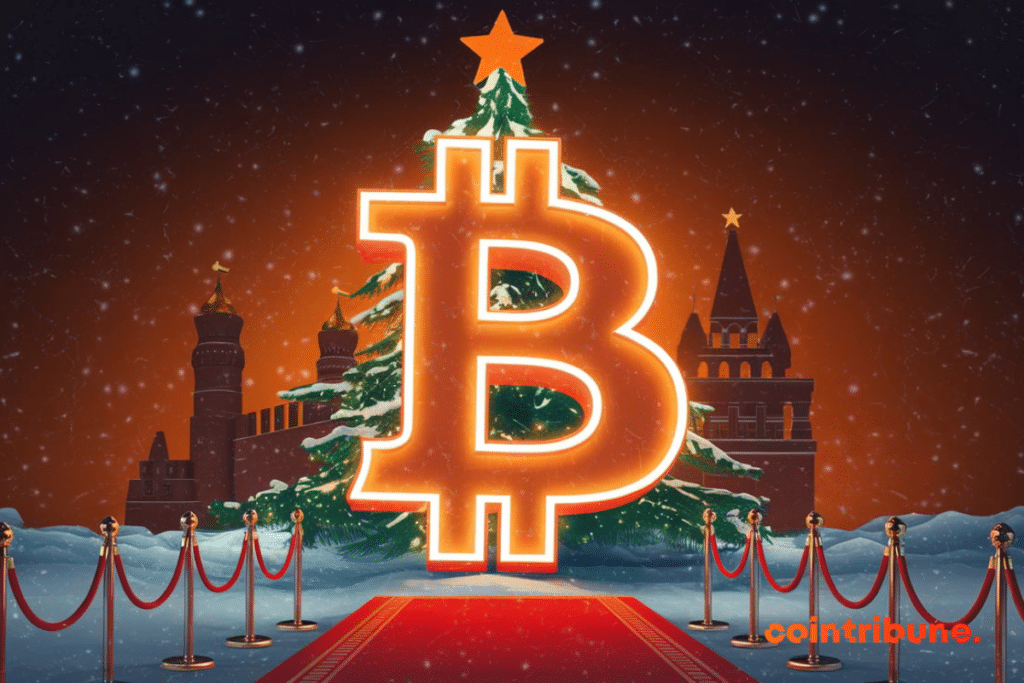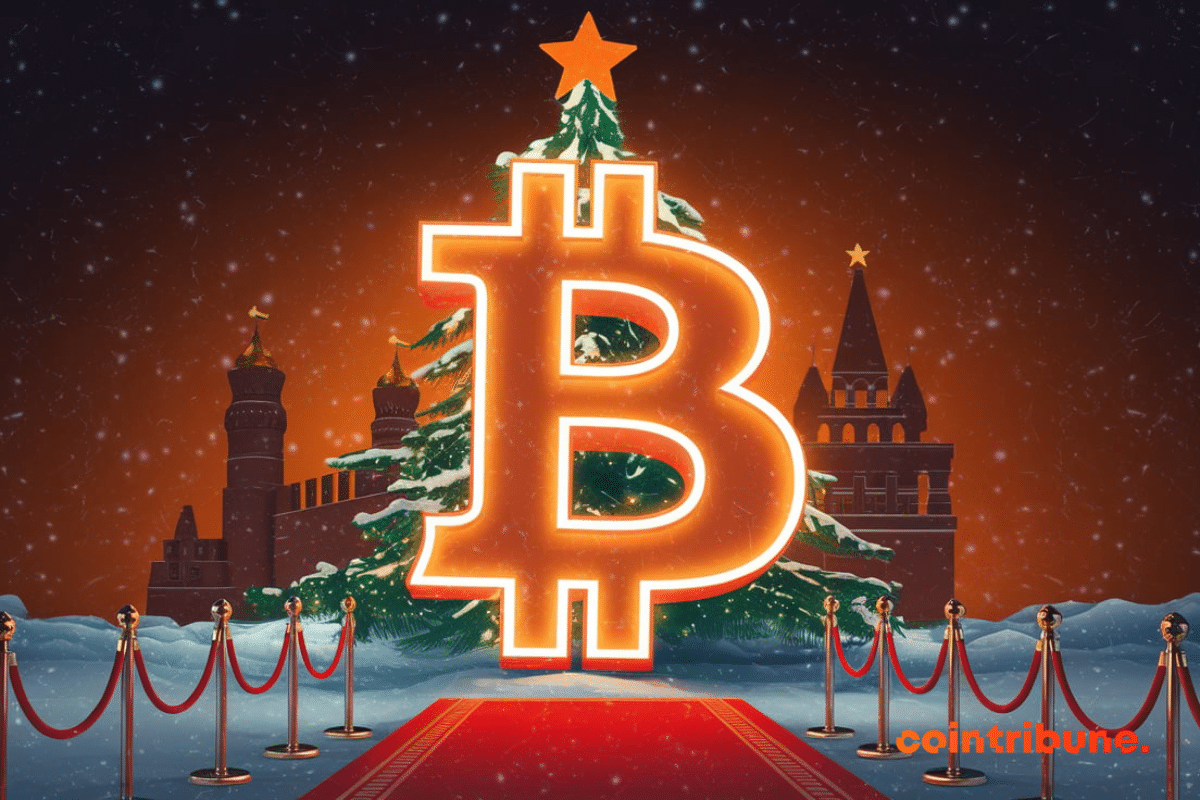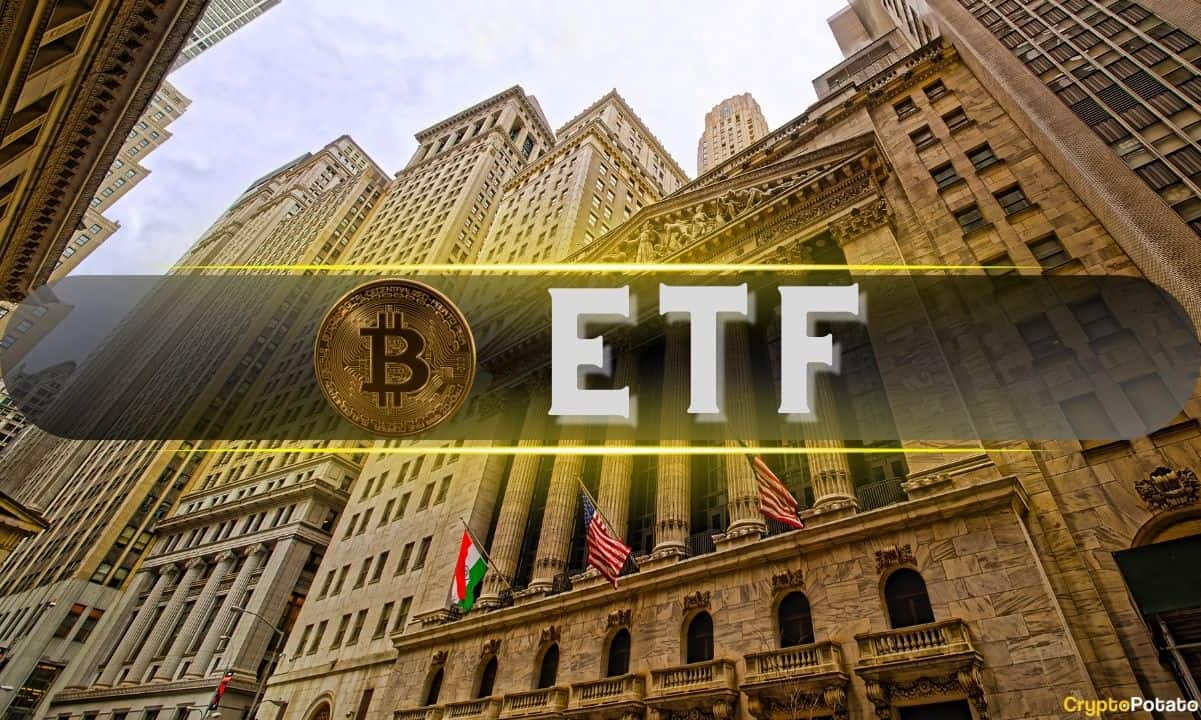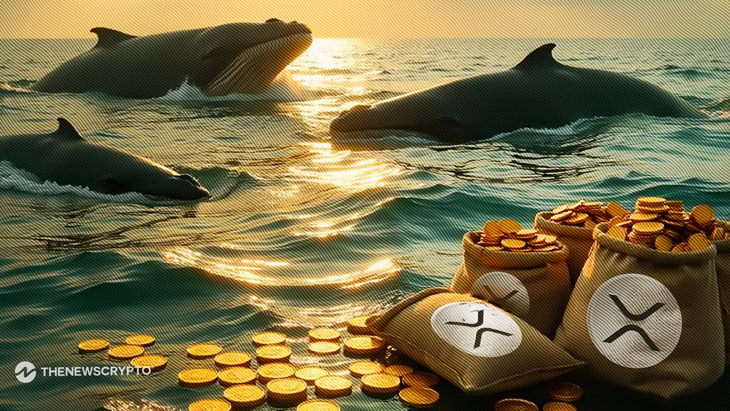17h30 ▪
5
min read ▪ by
As Europe slowly becomes aware of its delay, Russian bitcoin miners are making overtures to the BRICS.


Russian Miners Take the Lead
A recent statement from Bitriver confirms that the Russian bitcoin industry is significantly ahead of its European counterpart.
The largest Russian miner claims that the country already feeds the world’s second-highest computing power, behind the United States. BitRiver anticipates a significant acceleration in its growth thanks to the new legislative framework.
“The law on the development of the bitcoin industry signed by Vladimir Putin in August represents an important strategic advance for the economic development of Russia.
Our country can claim the top spot thanks to its energy resources, skills, and experience. We also have economic ties with the BRICS and the Commonwealth of Independent States (CIS) that are interested in investments in the bitcoin industry.
The world needs a new decentralized multipolar economy where miners are the foundation as they build the blockchain.”
Bitriver expects investments from the BRICS to flood into Russia and is currently building infrastructure capable of delivering 1 Gigawatt-hour of electricity, which would triple its current capacity.
“This is a matter of financial sovereignty. That’s why we anticipate growth in the bitcoin industry in Russia,” reads the statement.
Let’s also remember that the Russian sovereign fund has been part of the story since the last BRICS summit, along with two other member countries of the club. These are Ethiopia and the United Arab Emirates. The latter are already well established in Russia, and rumors suggest their reserve exceeds 300,000 BTC…
And in Europe? Nothing. Fortunately, the MP Sarah Knafo kicked the anthill of European technocracy. Let’s hope she is heard.
Bitcoin, the Gold of the Third Millennium
Thus, tongues began to loosen after Donald Trump’s victory. His pro-bitcoin government and intention to make peace with Russia are promising.
It seems that the next American administration intends to trade on equal terms rather than triggering a world war.
The BRICS will not go back. The United States has lost the exorbitant privilege of printing the international currency when they froze Russia’s reserves (~300 billion euros and dollars).
The dollar is truly the Gordian knot of geopolitical tensions. This is what emerges from the latest statements of the Russian president :
“The fact that the dollar is the global currency brings a lot of unearned money to the United States. According to our experts, the profit from the dollar was equivalent to 10 trillion dollars over the last decade simply because the dollar is used as the world’s reserve currency […]. Ten trillion is a lot, meaning they consume more than they produce. The dollar allows the United States to live at the expense of the rest of the world.”
Sooner or later, Washington will have to accept that countries like Russia, China, the United Arab Emirates, or Saudi Arabia stop investing their trade surpluses in Treasury bonds.
The end of the petrodollar system will lead to a reduction in the United States’ massive trade deficit to prevent the depreciation of the greenback. In other words, Americans will have to stop living beyond their means thanks to the privilege of minting the international currency.
Bitcoin is that neutral currency that could put everyone on an equal footing. It is stateless and cannot be “frozen” amid geopolitical tensions.
Even better, bitcoin is the best store of value in the history of humanity, by far. That is the true technological breakthrough invented by Satoshi Nakamoto: a currency with absolutely finite quantity.
Don’t miss our article: “Russia – The Strategic Reserve of Bitcoins Takes Shape”.
Maximize your Cointribune experience with our “Read to Earn” program! For every article you read, earn points and access exclusive rewards. Sign up now and start earning benefits.
Bitcoin, geopolitical, economic and energy journalist.
DISCLAIMER
The views, thoughts, and opinions expressed in this article belong solely to the author, and should not be taken as investment advice. Do your own research before taking any investment decisions.










